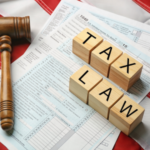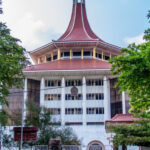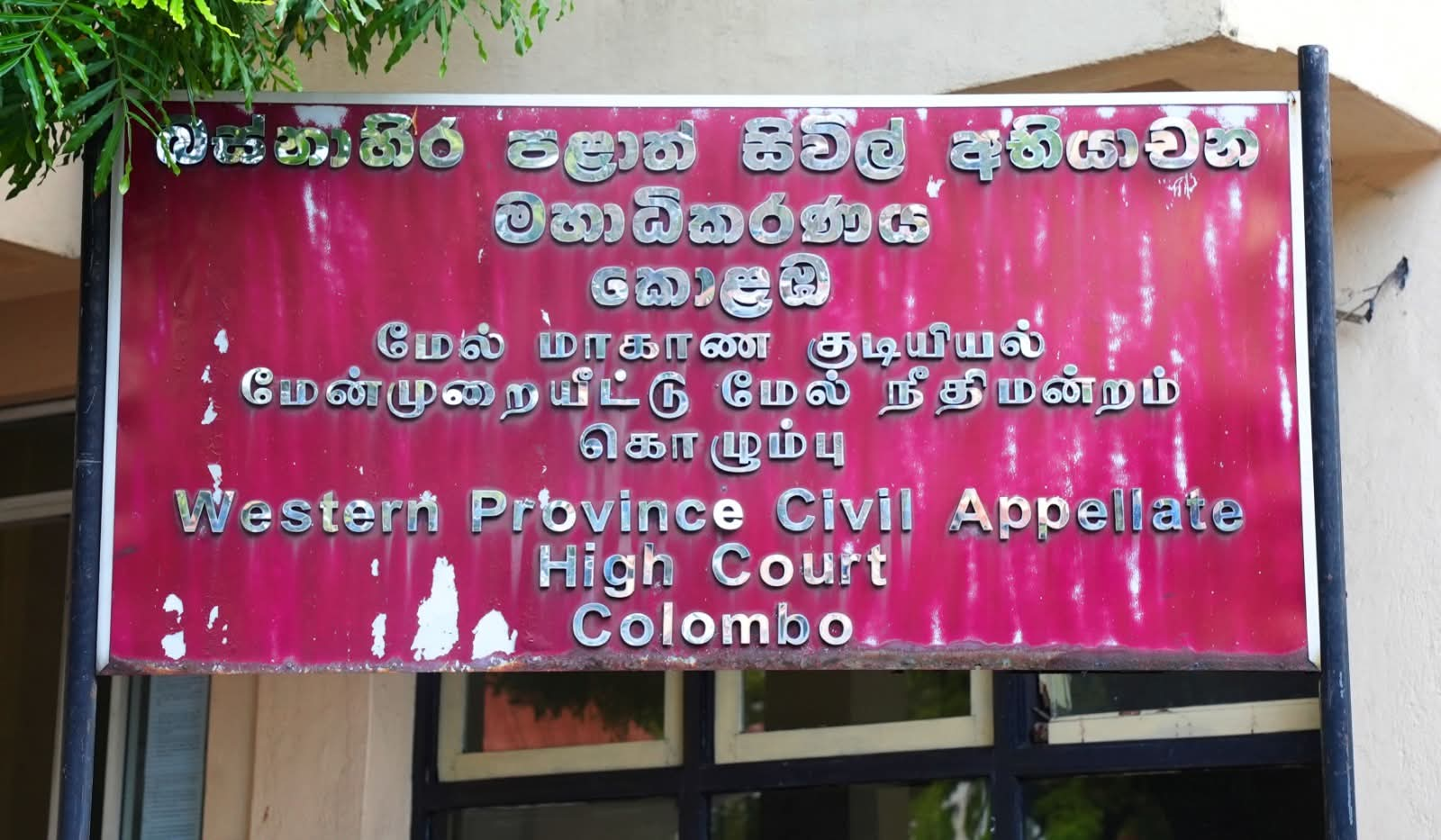The Court of Appeal recently examined the process stipulated under Section 82 of the Inland Revenue Act when the Inland Revenue Department decides to disallow the royalty payment deductions in tax assessments.
CA Examines Royalty Payment Deductions in Tax Revenue Disputes

The Court of Appeal recently examined the process stipulated under Section 82 of the Inland Revenue Act when the Inland Revenue Department decides to disallow the royalty payment deductions in tax assessments. The judgment, delivered in the case involving Fonterra Brands Lanka (Pvt) Ltd. and the Commissioner General of Inland Revenue, underscores the necessity for proper reasoning and adherence to statutory procedures by tax authorities.
The Inland Revenue Act No. 10 of 2006, as amended, provides a framework for taxpayers to deduct royalty payments in specific circumstances. Under Section 32(5), royalty payments made prior to April 1, 2014, and paid after that date are eligible for deduction. However, the Act imposes strict qualifications and compliance with stipulated timelines.
Additionally, Section 25(1)(b)(i) permits taxpayers to deduct one-fourth of any payment made as consideration for obtaining a license for manufacturing processes.
Background
This case arose when the IRD disallowed royalty payments claimed by Fonterra Brands Lanka (Pvt) Ltd., a company involved in the importation, manufacturing, and distribution of dairy products. The payments were made under a licensing agreement with New Zealand Milk Brands Limited for the use of technical know-how and communication packages essential to the company’s operations.
The IRD’s Assessor rejected the deduction, citing Section 82(2) of the Inland Revenue Act. The section empowers the IRD to deny deductions if the arrangement between closely connected parties results in profits lower than what would ordinarily arise from such business activities. The Assessor argued that the royalties paid effectively transferred profits to the company’s ultimate parent, Fonterra Co-Operative Group of New Zealand, and constituted a scheme to reduce taxable income in Sri Lanka.
The Court of Appeal scrutinized the IRD’s reasoning and process. It emphasized that Section 82(2) requires the Commissioner General to be satisfied that the business arrangement between the resident and non-resident parties leaves the resident party with no profits or profits lower than ordinary expectations. However, the court found that the Assessor failed to provide sufficient material to establish this condition.
“…After careful consideration, we find that for Section 82(2) to operate the main ingredient is that a non-resident person should carry on a business with a resident person. This requirement is fulfilled. However, the second limb of the Section stipulates that the business should be so arranged that the resident person should be left with no profit or less than the ordinary profit which might be expected to arise from the said business….”
“…As stated previously, for Section 82 to operate, the Appellant should have established that the resident person has either no profits or less than ordinary profits that are expected to arise from such ordinary business….”
“…..It is the view of this Court that as stated above if the grounds to invoke Section 82(2) exist it is a separate process that has to be followed as prescribed in the Section and as per the law which in our view is available to the Appellant. However, the Appellant cannot invoke the said Section to disallow the royalty payments allowed under the statute…..” – Justice Mayadunne Corea
Case No. CA/TAX/47/2019 [Decided on 30.10.2024]
Before: S.U.B. Karalliyadde, J, Mayadunne Corea, J










